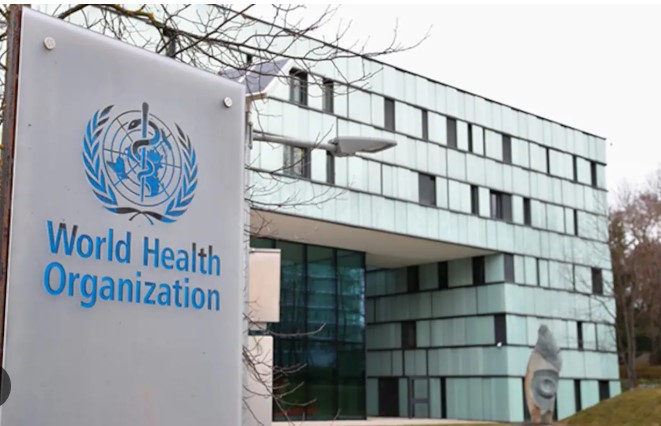The World Health Organization Foundation has accepted an increasing volume of undisclosed corporate donations since its creation in 2020, prompting warnings from public health experts and campaigners about the potential influence of big business on the UN agency’s work.
According to a new report by researchers at the University of Edinburgh, the foundation received approximately $83m (£65m) from corporate donors by the end of 2023, with the identities of contributors withheld for around 60 per cent of that sum. The proportion of anonymous donations has grown sharply, accounting for 80 per cent of the foundation’s income in 2023, compared with 15 per cent in its first year.
While the WHO lists broad categories for the use of funds, the largest allocation is for “operational costs”, a term critics describe as vague. The report warns that low levels of donor transparency risk reputational damage and may give rise to perceptions of undue influence.
The findings come amid a financial squeeze for the WHO following the withdrawal of US funding. The agency, based in Geneva, is primarily supported by member states and the Bill and Melinda Gates Foundation, but has sought to diversify its income. Observers fear that greater reliance on opaque corporate contributions could undermine its credibility.
Nick Freudenberg, a professor at the City University of New York and member of a WHO advisory committee, acknowledged the organisation’s financial challenges but said they did not justify the lack of disclosure. “The capacity of WHO to do its jobs depends on having the trust of people and the public health community, and if they are not disclosing where their money is coming from, then they’re risking their biggest asset,” he said.
The report situates the WHO Foundation’s funding within a wider trend of growing corporate involvement in UN agencies. A 2017 study estimated corporate contributions to such bodies at $3.1bn in a single year and noted that business leaders have held senior positions in UN-linked initiatives.
The WHO did not respond to requests for comment. In earlier statements, Anil Soni, the foundation’s chief executive and a former pharmaceutical executive, defended the acceptance of anonymous donations, saying some companies wished to avoid being targeted for their wealth. He insisted that contributions were subject to due diligence and would be rejected if a conflict of interest arose.
Publicly disclosed donors include pharmaceutical companies Sanofi, Boehringer Ingelheim and Novo Nordisk, as well as TikTok, Maybelline and Meta. The WHO bars funding from the tobacco and firearms industries, but the report warns it may still accept money from sectors linked to public health harms, such as ultra-processed food, alcohol, chemicals and fossil fuels.
The authors argue that such donations can be used to deflect attention from harmful products, bolster marketing strategies and support lobbying against public health regulation. They also highlight potential conflicts in cases such as Meta’s funding of the WHO’s communications and digital health department, despite concerns over social media’s impact on children’s mental health.
The WHO has faced controversy over its handling of industry-linked issues before. In 2022, it withdrew proposed guidelines on PFAS chemicals in drinking water after criticism from scientists who said the limits were too lenient.
Transparency campaign group Open Democracy last year downgraded the WHO’s transparency rating from B to D, placing it alongside right-wing thinktanks funded by undisclosed donors.
Gary Ruskin, director of US Right To Know, said the secrecy surrounding the foundation’s funding risked eroding public trust. “Public health depends, crucially, on public trust, and if the WHO wants to be trustworthy then it has to tell us where the money came from,” he said.



